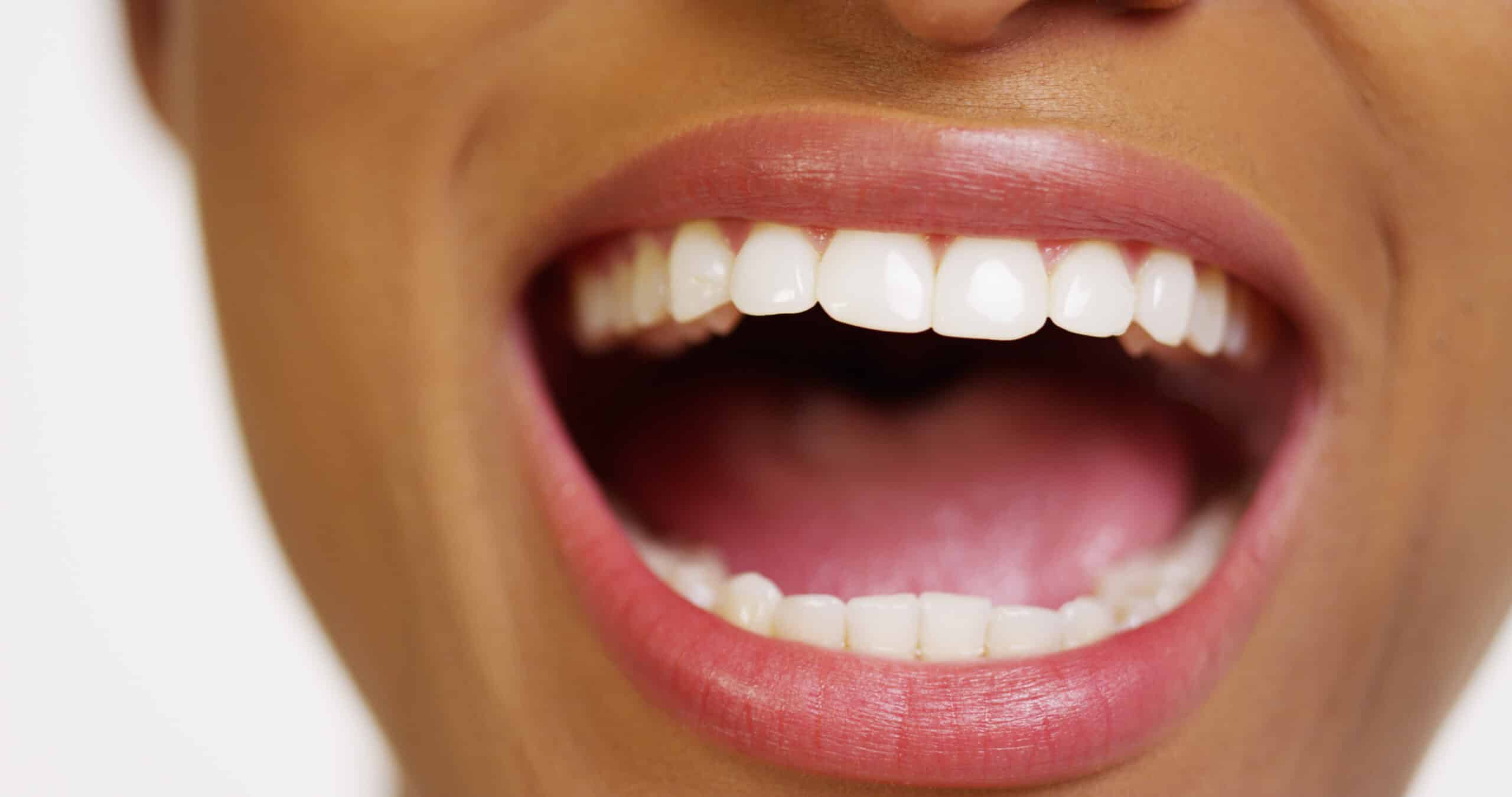As published in Nature Communications the team of researchers, led by Dr Bing Hu from the University of Plymouth’s Peninsula Dental School, studied the genes and signaling molecules responsible for the regeneration of teeth in mice and think they may have cracked a mechanism on how to regrow teeth entirely in the “natural way.”
Stem cells may hold the key to wound healing as they can develop into specialized cell types in the body, including teeth. A new population of mesenchymal stem cells have been discovered in a continuously growing mouse incisor model, these cells have been shown to contribute to the formation of tooth dentin, that when activated send signals to mother cells of the tissue to control the amount of cell produced through molecular gene Dlk1.
This gene can enhance stem cell activation and tissue regeneration in tooth wound healing models; though additional research is required to validate their findings and ascertain treatment duration and dose, this mechanism may be a novel solution for tooth repair to deal with tooth decay, crumbling, and trauma treatments.
“Stem cells are so important, as, in the future, they could be used by laboratories to regenerate tissues that have been damaged or lost due to disease — so it’s vital to understand how they work. By uncovering both the new stem cells that make the main body of a tooth and establishing their vital use of Dlk1 in regenerating the tissue, we have taken major steps in understanding stem cell regeneration.The work has taken place in lab models at this stage, and further work needs to be done before we can bring them in to human use. But it’s a really big breakthrough in regenerative medicine that could have huge implications for patients in future,” says Dr. Hu.
“We are highly excited by the recent progresses in Dr Bing Hu’s group. This new work, together with a recent high-impact paper published in The EMBO Journal (doi: 10.15252/embj.201899845), which is about another type of stem cells in the tooth: epithelial stem cells, puts Plymouth at the front of the world’s dental and craniofacial stem cell research and regenerative medicine. We expect those researchers will soon provide dental patients better time and cost-effective solutions to serious tooth problems — from trauma to caries,” says co-author Professor Christopher Tredwin.




